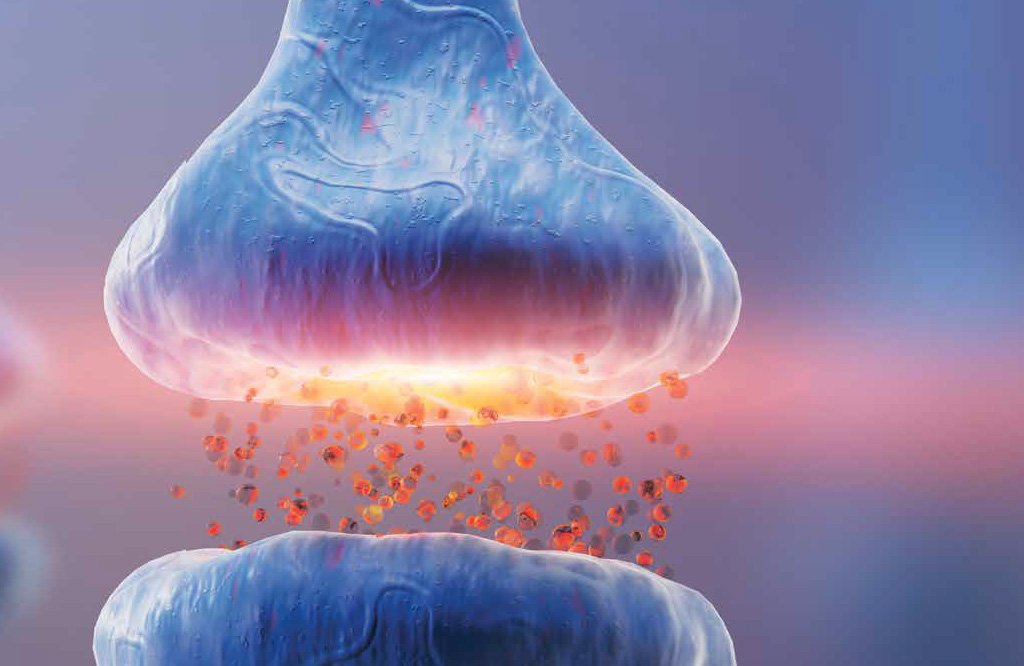
How your gut health affects mental health
- bey0ndM@gz!ne
- November 5, 2021
- Default, Health-Wellness
- 0 Comments
How many times have you heard the phrase Gut Feeling?
Ever wondered why it’s called that – the feeling of anxiety that gives you ‘butterflies in your stomach?’
The gut-brain connection is REAL. And it might just be the reason behind several of your feelings, including the serious trouble-makers – anxiety and depression.
Our gastrointestinal tract is extremely sensitive to our emotions. Strong emotions can often trigger certain symptoms in the gut. That’s why we feel nausea or ‘butterflies. as real manifestations of our emotions. It’s for this reason that our gut is commonly referred to as our ‘second brain.’
But HOW exactly are our feelings connected to our gut?
Because of Serotonin
Serotonin is a type of chemical that allows us to relay messages from one area of our brain to another. It is a neurotransmitter. We have around 100 billion cells in our brain and serotonin affects most of them in some way or another.
About 90% of Serotonin is made in our gut and that is where it does its best work. By interacting with our gut and brain cells, serotonin can play a role in our mood, appetite, sleep, memory, learning, temperature regulation, libido, and some social behaviours.
Sometimes, our serotonin levels are ‘off’, and this imbalance can wreak havoc with our systems. Researchers believe that when an imbalance occurs, it can lead to problems such as depression, anxiety, panic, anger and even obsessive-compulsive disorder (OCD).
Some of the reasons behind a serotonin imbalance may be:
- Gut dysbiosis: The bacteria in our gut may be off-balance and in turn may be unable to produce sufficient serotonin. Gut dysbiosis often occurs when the number and diversity of our gut microflora is altered from its normal state. This can impact our health in so many different ways.
- Our serotonin may not be reaching our receptor sites.
- We may not have enough receptor sites to receive the serotonin that is being made.
- We may be lacking in tryptophan, an amino acid that serotonin is made from.
What can we do to ensure we have optimal serotonin Levels?
Before we resort to pharmaceutics, it’s advised to try out natural remedies that have proven very effective in regulating mood disorders.
Diet, exercise, sunshine, and natural probiotics have shown great results in balancing serotonin levels and improving people’s moods.
Diet
While there are no foods that can directly increase the body’s supply of serotonin, certain foods and nutrients can increase levels of tryptophan – the amino acid that serotonin is made from.
According to nutritionist Elizabeth Somer, carbohydrate-rich foods may be a good bet to help increase serotonin levels.
Foods rich in carbs trigger an insulin release. This causes any amino acids in the blood to be absorbed into the body – but not the brain. Somer says, the only amino acid that DOES get absorbed into the brain is tryptophan. It remains in the bloodstream at high levels following a carbohydrate rich meal, which means it can freely enter the brain and cause serotonin levels to rise.
Supplementing a carb-rich diet with vitamin B-6 can also impact the rate at which tryptophan is converted to serotonin.
You do want to stay away from sugar-rich foods though. Instead choose complex carbs over simple carbs. Fruits, vegetables, legumes, and whole grains over sugary treats is the way to go.
Natural probiotics foods such as kombucha and yogurt are also a good idea when looking to optimise gut health.
Two things you might want to watch, if your goal is to increase serotonin absorption, are your caffeine and protein intake. Caffeine can severely affect your sleep cycle as it binds to adenosine receptors and shuts off the sleep signal being sent to your brain. On the other hand, protein rich foods interfere with the absorption of tryptophan in the brain. The amino acids in protein-rich foods compete with tryptophan for entry into the brain, causing only a small amount to get in.
 Probiotic Supplementation
Probiotic Supplementation
Research has shown that the trillions of microorganisms in the gut known as gut microbiota, can actually help regulate brain function. Studies indicate that people with irritable bowel syndrome have a higher-than-average chance of developing depression and anxiety.
Our gut flora is compromised daily by factors like illness, medications, poor diet, stress, and environmental toxins. Because of these common threats, most people need to supplement their diet with probiotics.
Probiotics are a combination of ‘good’ bacteria and/or yeasts that naturally live in our bodies. These good bacteria act as an internal army, helping reduce inflammation in the body, impacting our serotonin levels, and affecting our body’s stress response.
Exercise
Studies have shown that regular exercise can be as effective a treatment for depression as antidepressant medication or psychotherapy.
New research conducted at the University of Texas, found that just a single 40-minute exercise session can immediately affect mood. When you exercise, your body releases chemicals called endorphins that are believed to trigger a positive feeling in the body and help regulate your mood. The brain chemicals released during physical activity are dopamine, norepinephrine, and serotonin. So, remember you’re only one workout away from being in a better mood.
Good gut-health = good mental health
As we delve into further research, we become more convinced that the gut-brain connection is very real and that our body speaks to our mind in so many different ways.




